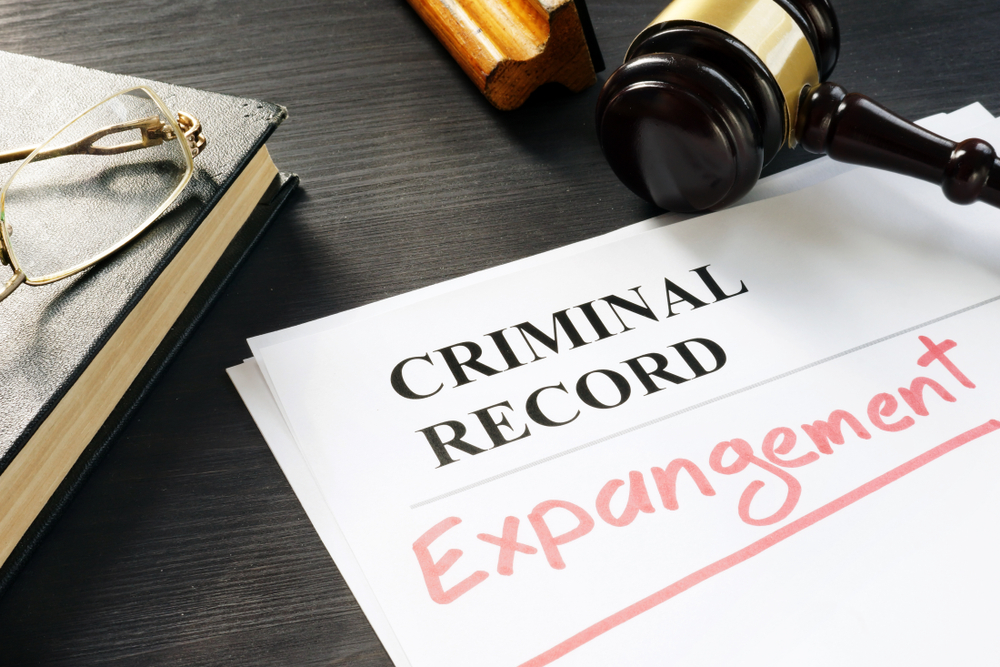 Looking to have a fresh start in the Garden State? Unfortunately, a criminal record can make it more difficult to find employment, housing, insurance, and loans. The good news is that a record of arrest or conviction can be erased and expunged. Expunging involves isolating an offense that resulted in a conviction in the State of New Jersey so that it is no longer on record and no longer discoverable. That means potential landlords, employers, lenders, and insurance policy providers will not be able to see this offense or hold it against the applicant.
Looking to have a fresh start in the Garden State? Unfortunately, a criminal record can make it more difficult to find employment, housing, insurance, and loans. The good news is that a record of arrest or conviction can be erased and expunged. Expunging involves isolating an offense that resulted in a conviction in the State of New Jersey so that it is no longer on record and no longer discoverable. That means potential landlords, employers, lenders, and insurance policy providers will not be able to see this offense or hold it against the applicant. In order to be eligible to have a crime from your record expunged, you must have committed no more than one indictable criminal offense in your entire lifetime—meaning, a felony that requires a preliminary hearing to determine if a grand jury is needed to assess that case. Certain crimes cannot be expunged in New Jersey, such as arson, manslaughter, rape, or treason—but take note that crimes like drug possession, burglary, weapons violations, and shoplifting are not included in this list of unforgivable crimes…so that means each and every one of these offenses can be expunged. It’s important to also note that each expungable offense has a different waiting period and set of requirements before the offender can initiate the process of eliminating it from their record. For example, those convicted of drug possession must have completed their prison time, paid their fines, and undergone a one year waiting period. On the other hand, those who have undergone an arrest that resulted in dismissal have no waiting period.
An indictable felony has a six-year waiting period, and multiple indictable felonies also have a six-year waiting period—but cannot be expunged unless they were circumstantially related. The exact process for seeking expungement is complex and best performed with the assistance of a lawyer.
